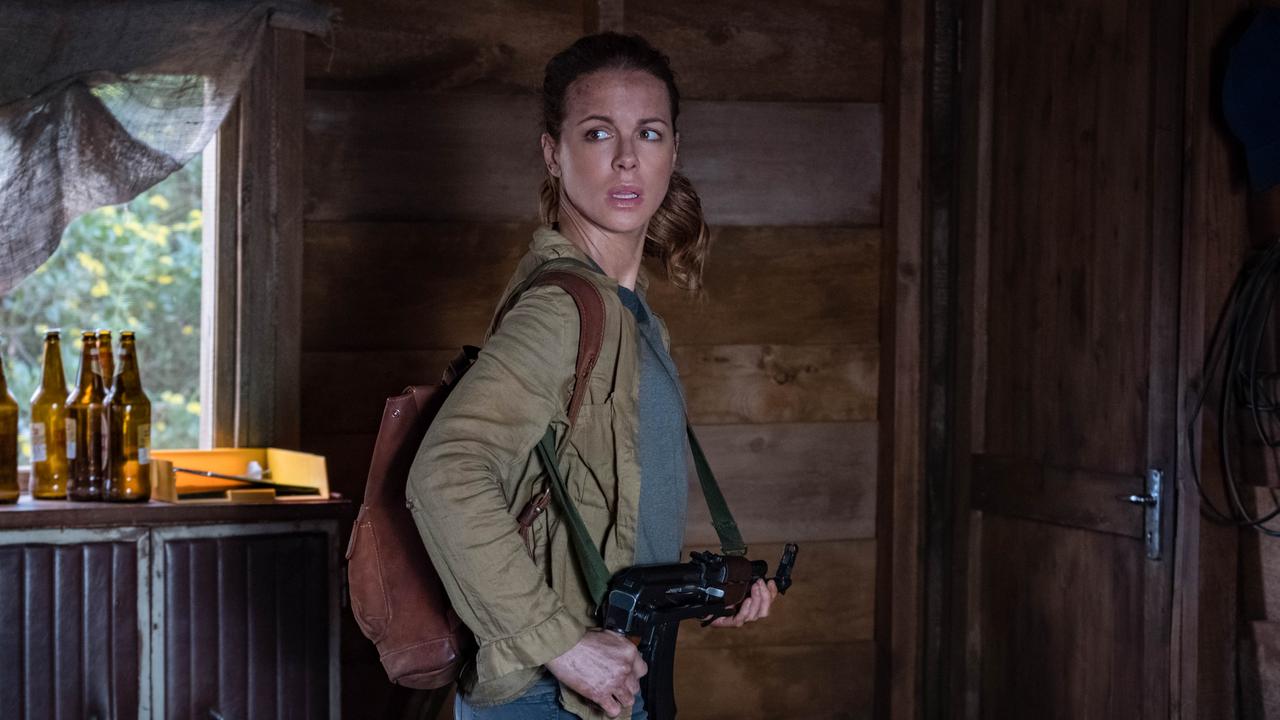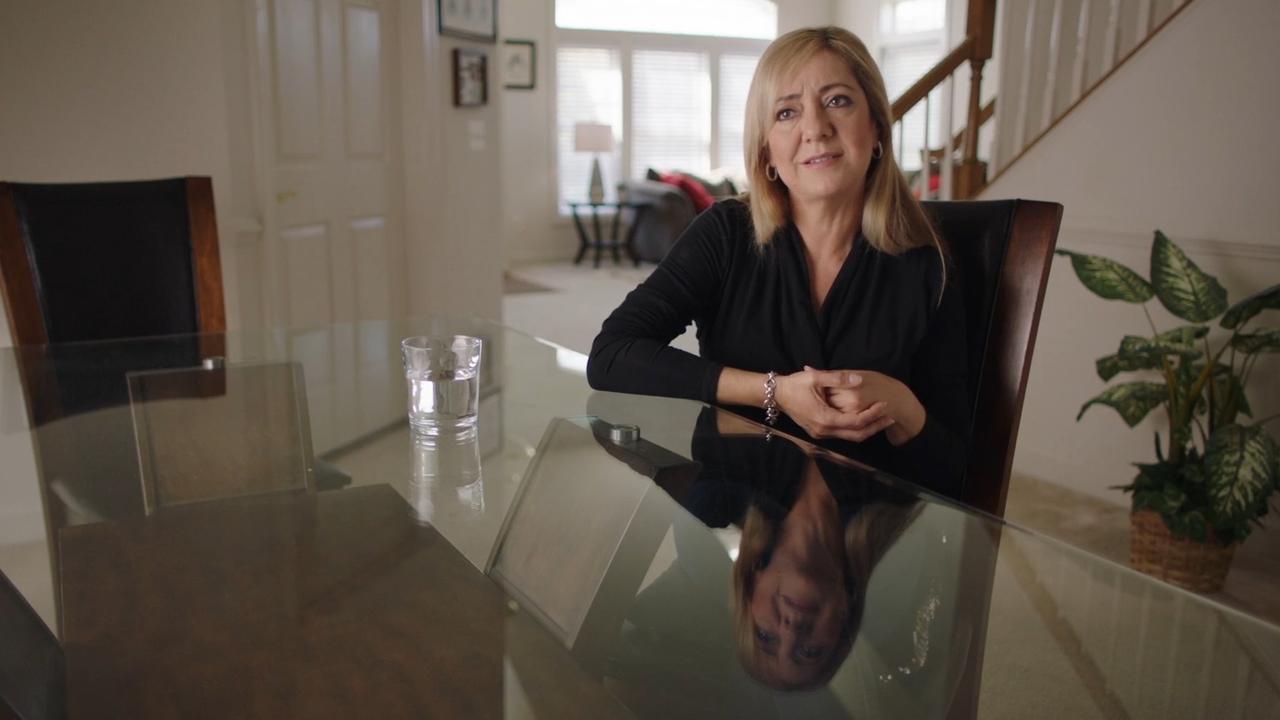About a boy
Yes, yet another Dickens adaptation. But this one really does leaving you wanting more, reports Graeme Blundell
ANYONE who has worked in television knows that fidelity and commitment are dirty words. This is especially true when it comes to the adaptation of famous novels. Often the only thing a TV version owes the book on which it's based is an apology.
This is emphatically not the case with the new two-part BBC Oliver Twist, one of the ABC's most welcome pieces of programming this summer. A pure joy, it's the latest in more than 100 film and theatrical adaptations of Charles Dickens's tale of the lonely orphan at the mercy of the parish welfare system. These range from an 1836 play version to a 1909 silent film and Roman Polanski's oddly saccharine 2005 version, which eliminated most of Dickens's most entertaining gothic moments.
Dickens was 26 when Oliver Twist, his second novel (after The Pickwick Papers), was published in instalments in London magazine Bentley's Miscellany in 1837. Its breathless, sometimes untidy plot owes much to the conventions of stage melodrama and magazine serialisation, and Dickens would later incorporate these conventions more adroitly.
But it's precisely these virtues that this adaptation by EastEnders writer Sarah Phelps seizes on to enhance the dramatic resiliency of this great morality tale. Like the novel, her script is disorderly, sprawling, promiscuous, socially indignant and highly theatrical.
Beautifully directed by Coky Giedroyc (Wuthering Heights, The Virgin Queen), this Oliver Twist works compellingly, with a nice concentration on the melodrama and the almost cartoonish battle between good and evil. The plot is tuned to extract every moment of suspense.
Revelling in the vaporous atmosphere of Victorian London, Phelps and Giedroyc capture with cinematic fluency Dickens's dreamlike, grotesque version of experience. Critic Harold Bloom called it "an art in which fairytales are told as though they were sagas of social realism".
Phelps allows hundreds of pages of Dickens's tale of squalor and depravity to unfold like a contemporary TV serial, using all the genre's familiar cliffhanging chapter stops, parallel plots and melodramatic crises.
Although several characters have been revised in the new version to allow for more efficient, small-screen storytelling and some famous sequences have been omitted, the basic plot remains the same.
Oliver (William Miller) grows up amid a life of hardship and cruelty, unaware that his well-heeled family is desperately looking for him. Grappling for a safe haven in a cruel world, he is surrounded by self-serving, deeply corrupt characters. When he escapes his servitude to a cruel clan of undertakers, he runs away to London. There he meets boy thief Jack Dawkins - the Artful Dodger (Adam Arnold) - a member of a pickpocket gang run by the sinister Fagin (Timothy Spall), a Jew among Christians.
Joining this band of fellow misfits in Fagin's foul and frosty dens, "where vice is closely packed and lacks the room to turn", Oliver discovers that his conscience plays a large role in his life. Ultimately, of course, his adventures reveal a surprising secret about his true identity. Phelps and Giedroyc attack the material with gusto and unalloyed delight. Not for them a gentle soap set in a non-specific Victorian era where plague, smallpox and rickets were nowhere to be seen as in some recent BBC costume dramas. This is an adaptation of such vividness you can almost smell the claustrophobic, smoky, lung-clotting fog and taste the maggoty food. You watch without realising you are holding your breath.
Giedroyc brings a mischievous and dark flair to Dickens's labyrinthine tale, relishing the book's musty oppressiveness. She takes advantage of setting and colour to depict Oliver's world. The workhouse where we discover him at the beginning of the tale is bleak and grey. Giedroyc's London is crowded and claustrophobic, and even when light enters the characters seem hemmed in. What Dickens called "the notion of great gloom" pervades her highly cinematic framings of sequences. She stylishly juxtaposes imaginatively choreographed set pieces filmed on wide-angled lenses - the narrative unfolding inside single shots - against highly subjective close-ups.
Composer Martin Phipps, who teamed with Giedroyc on Virgin Queen, her five-part mini-series based on the life of Elizabeth I, again provides a masterful score. A variety of instrumental pieces, sometimes dissonant, underscores critical scenes and sinuous, minor-key, violin-carried klezmer melodies wend their way through the story, suggestive of Fagin's middle European background.
This is a wonderful production that relishes Dickens's violent imagination. Its dedicated creators appreciate, too, that Dickens's characters represent, in critic Roger Lewis's words, "a democracy of deviants" and that, with such lives of their own, all expect to stand out.
Miller is perfect as Oliver, the boy always wanting and asking for more. His open, honest face holds many meanings in Giedroyc's extreme close-ups that might have terrified other young actors. Arnold, another newcomer to TV, is charming and resourceful as the Dodger.
The dangerous thief Bill Sikes is played vigorously by Tom Hardy (from the recent Wuthering Heights) as an alcoholic rather than over-the-top sociopath. And as his girlfriend Nancy, Sophie Okenedo, best known for Terry George's Hotel Rwanda, balances his cruelty in a luminous piece of restrained acting.
But Spall's Fagin, played with heartbreaking vulnerability, takes the honours in a very even ensemble cast obviously enjoying themselves. No sewer rat like so many screen Fagins, Spall gives his character an exotic European otherness that's more nuanced than most earlier portrayals. Best known, until he appeared as Mr Pettigrew in Harry Potter and the Prisoner of Azkaban, for a succession of dysfunctional blue-collar characters in Mike Leigh movies, Spall has one of those unforgettable lugubrious faces. You are always conscious of the humanity he brings to whatever character he plays.
A RELATIVELY new genre of mystery fiction - in book form and as TV adaptations turned into long-running series - is fast becoming known as "travel crime" as more and more translations reach the bookshops. (Among literary publishers the genre is also known as "translation crime".) The TV versions are at last easily available in Australia, a joy for crime aficionados and those who just enjoy fine productions and urgent writing.
It probably all started with the series about Henning Mankell's beleaguered, slogging detective Kurt Wallander, claimed as the best Swedish export since flatpack furniture. Mankell's Faceless Killers, which first appeared in English in 1997, announced not only a great talent but also a pristine, new Swedish landscape.
It was the antithesis of mean, gritty American streets. The Dogs of Riga, Faceless Killers, Sidetracked, The Fifth Woman, One Step Behind and The White Lioness followed, written in Mankell's spare, poetic prose and all with rain in their souls.
Few other authors received the sales or critical attention of Mankell's series, although many crime addicts knew of the series of 10 novels by Swedish communist writers Maj Sjowal and Per Wahloo, who have been cult favourites since the late 1960s. The Sjowel-Wahloo books are procedurals set around the series' central character, indigestion-prone Inspector Martin Beck. They carry a heavy freight of social criticism and were adapted for Martin Beck, a series of fine 1997 Swedish TV films with Peter Haber as Beck. The "Scandinavian invasion", as publishers called it, was quickly increased by a wave of outstanding novels from Norway, Denmark and even Iceland. Now, quickly translated Italian and French crime writers are also appearing in local bookshops.
With the success of Stieg Larsson's Millennium series (also being turned into TV films in Sweden) it seems we can't get enough Euro crime. Except that it has been hard to find in TV form locally. Series that are famous in Europe disappear on SBS, which many viewers still can't find with their remotes, in inaccessible programming slots, or simply have not been available in DVD formats. Few have reached pay TV.
Several years ago Aztec International, a Melbourne distribution company, started to make subtitled DVD collections based on international crime writers available. Surely a dedicated DVD market existed in parallel with bookshops? They were all foreign language series, only some of which had screened on SBS, and the original writers included Mankell, Wahloo and Sjowal and Italian master Andrea Camilleri.
Aztec now promotes these titles through its website and to bookshops and DVD stores across Australia.
"It turns out there are several pluses to trading in the crime fiction DVD sets," Aztec's Simon Killen says. "Over the years I have loved exploring the world of exotic crime fiction, as have most good friends, but it was really the appearance of Camilleri's Inspector Montalbano films on SBS that opened the door to this world."
While Seven is showing the fine Kenneth Branagh series of BBC Wallander adaptations (Saturdays, 8.30pm), the original Swedish series is even grittier, the authentic Swedish voices adding shades of moody authenticity the Branagh version lacks. Anyone who has finished the box sets of The Sopranos or The Wire will find lots to like in some of these series.
Oliver Twist, Sunday, 8.30pm, ABC1
Aztec International Entertainment: www.aztecinternational.com.au.


